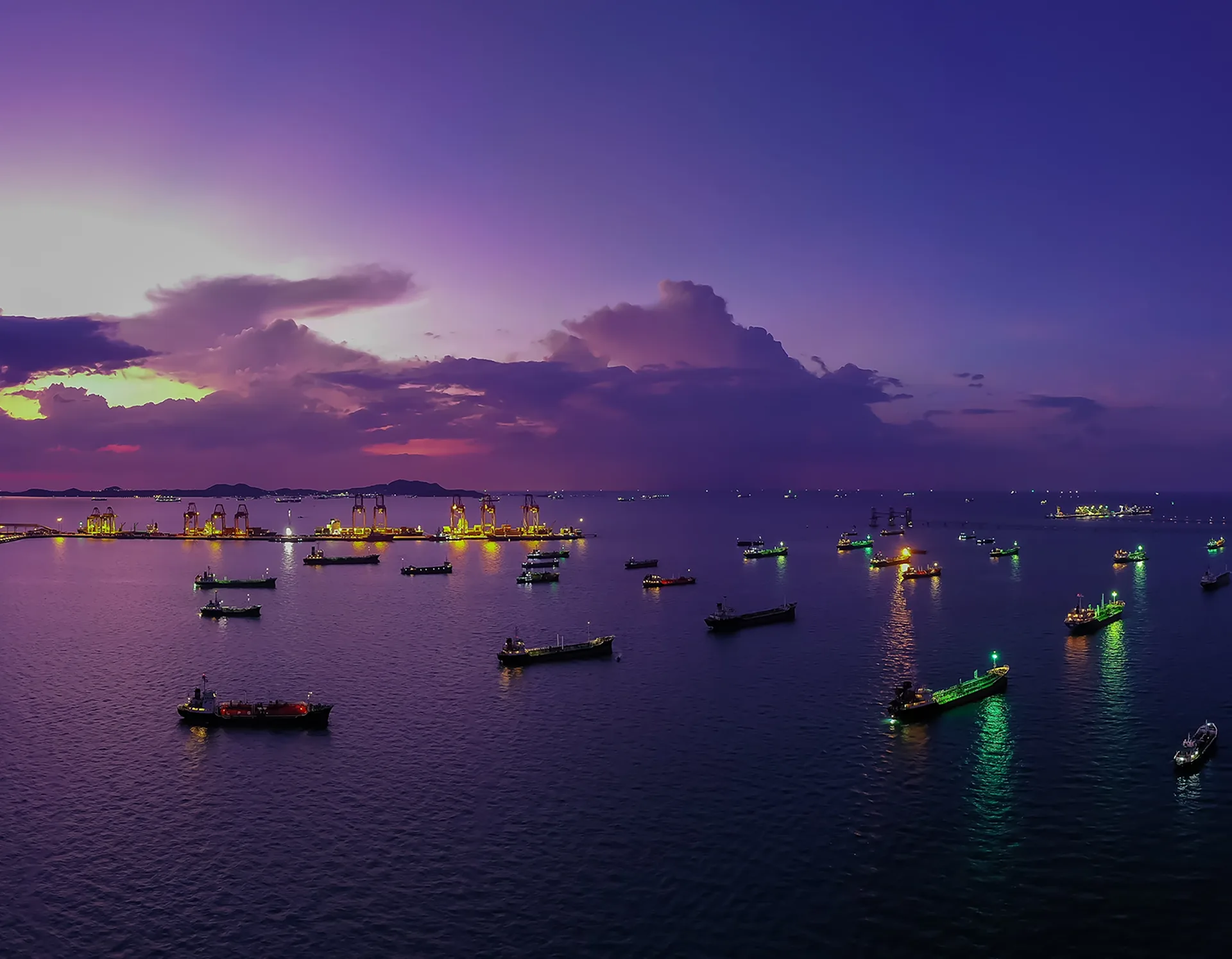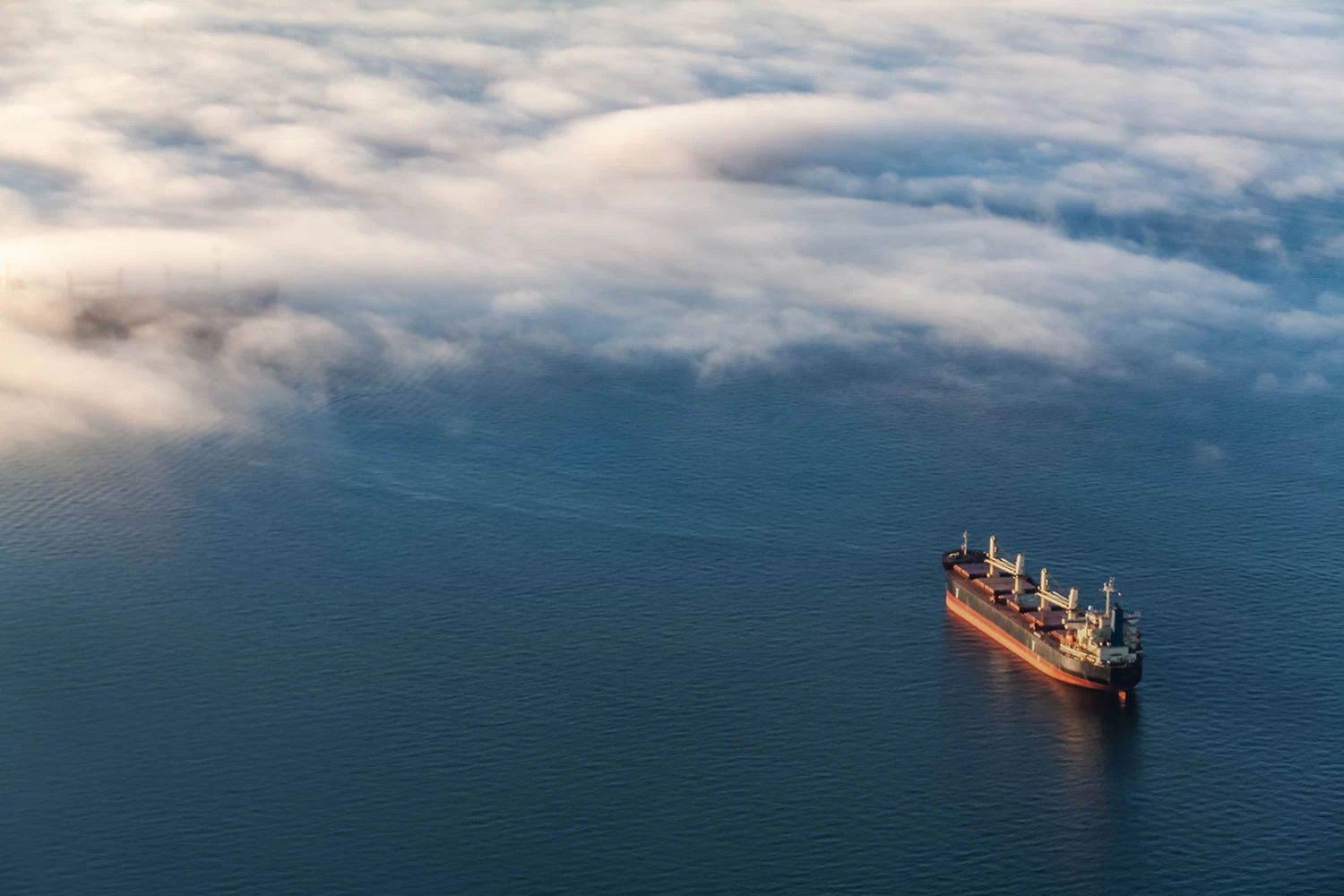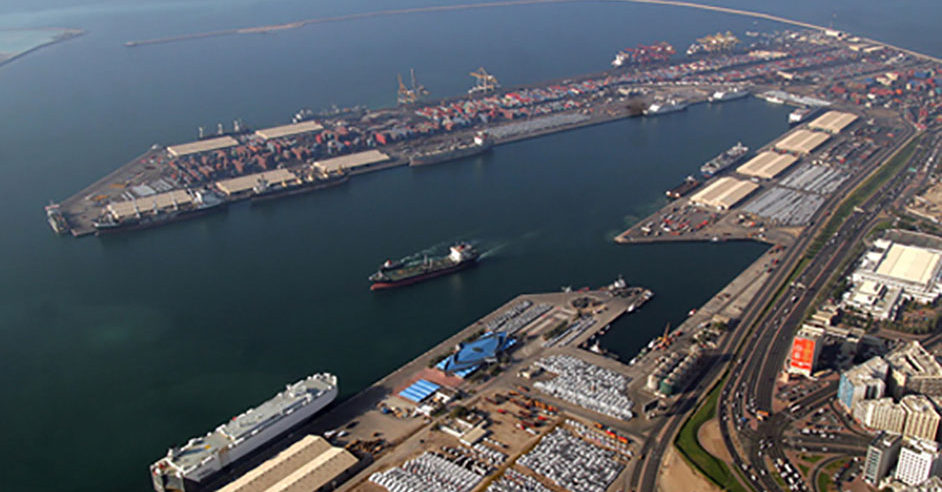Vale is fuel and technology agnostic in its commitment to cut greenhouse gas emissions from the value chain and support the International Maritime Organization’s decarbonization targets, the Brazilian miner’s Global Director of Shipping and Distribution Rodrigo Bermelho said in an interview.
The company has taken several initiatives for sustainable shipping, including its Ecoshipping program. Vale has announced investments of up to $6 billion since 2020 to reduce its scope 1 and 2 emissions by 33% by 2030 from the baseline year of 2017. It also committed to a 15% reduction in scope 3 emissions by 2035, related to the value chain, of which shipping emissions form a part.
Vale does not own a fleet of ships. Instead, it relies entirely on chartered ships for iron ore transportation through short- and long-term contracts with shipowners, Bermelho told Platts, part of S&P Global Commodity Insights.
For more than a decade, Vale’s transportation strategy has been based on a highly energy-efficient fleet made up of chartered ships, such as Valemax and Guaibamax — both second-generation Very Large Ore Carriers.
The Valemax and Guaibamax ships have a capacity of 400,000 deadweight tonnage and 325,000 dwt, respectively, and emit up to 41% less carbon equivalent per ton transported than Capesize ships with a capacity of 180,000 dwt, built in 2011, Bermelho said.
“Recently, we secured contracts for 10 dual-fuel, methanol-capable Guaibamax ships, which are scheduled for delivery starting in 2027,” Bermelho said.
“Currently, we are in discussions with the shipowners regarding potential suppliers of green methanol.”
Methanol is one of the few fuels that offers a low-carbon pathway, has a sufficient supply chain and fully addresses safety concerns, according to Bermelho.
Additionally, the fuel requires the lowest capital expenditure for integration into ship designs compared to other alternatives, and adoption by various industry participants further supports its development and uptake as a marine fuel, he said.
The company is not restricting itself to methanol because its Ecoshipping program is fuel-agnostic, with Vale choosing to develop multi-fuel choices for both existing and new ships, Bermelho said.
“We initially chose methanol as the first step, but more recently, we have also begun to consider ethanol,” Bermelho said.
Accelerating clean shipping
Commodity Insights analysts forecast overall global bunker fuel demand to reach 7 million b/d in 2050, with alternatives, excluding LNG and LPG, to constitute 60.5% of the mix, according to a May 7 report.
The journey to alternative fuels has been a “long one,” Bermelho said
In 2022, Vale advanced a project resulting in a design to incorporate multi-fuel tanks on iron ore carriers.
The first key finding was that it was feasible to combine requirements for different fuels within the same design, significantly enhancing the business case for alternative fuels by increasing available options, Bermelho said.
The project also estimated that the emissions reductions for existing Guaibamax ships powered by methanol and ammonia could range from 40% to 80%, while those powered by LNG might see reductions of up to 23%, he added.
“It has been over a decade since we developed the design for LNG-ready, very large ore carriers, of which there are now 80 ships,” Bermelho said.
In 2024, Vale carried out its first test with wind energy on the largest ore carrier in the world.
“The Sohar Max test is the fifth wind energy project installed on ships that provide service to Vale, supported or financed by the company, on vessels of different sizes,” the company said in a statement in 2024.
“Two more are planned by the end of 2025,” Bermelho said.
The installation of rotor sails in Sohar Max was the sixth and most recent agreement with Asyad for the deployment of pilots of innovative technologies on four ships chartered by Vale, the company said.
Previous projects have included the use of silicone paint to reduce resistance, the installation of frequency inverters to reduce electrical consumption and the use of hydrodynamic devices to improve propulsion, Bermelho said.
In April, Vale and Petrobras, through Petrobras Singapore, entered a commercial partnership to supply a ship chartered by the mining company with very low sulfur B24 — a marine fuel with 24% second-generation biodiesel.
“The biobunker test continues the strategic partnership between Vale and Petrobras, which foresees the supply of products focused on competitiveness and advancing the decarbonization agenda,” it said in a statement then.
Vale considers the establishment of a market-based mechanism essential for providing legal certainty and economic incentives to foster decarbonization, Bermelho said.
Through the development of a regulatory framework that sets clear rules, monitoring and transparent participatory governance, companies can more effectively guide their strategies and implement measures to maximize the opportunities in low-carbon activities, Bermelho added.
Source: Platts




